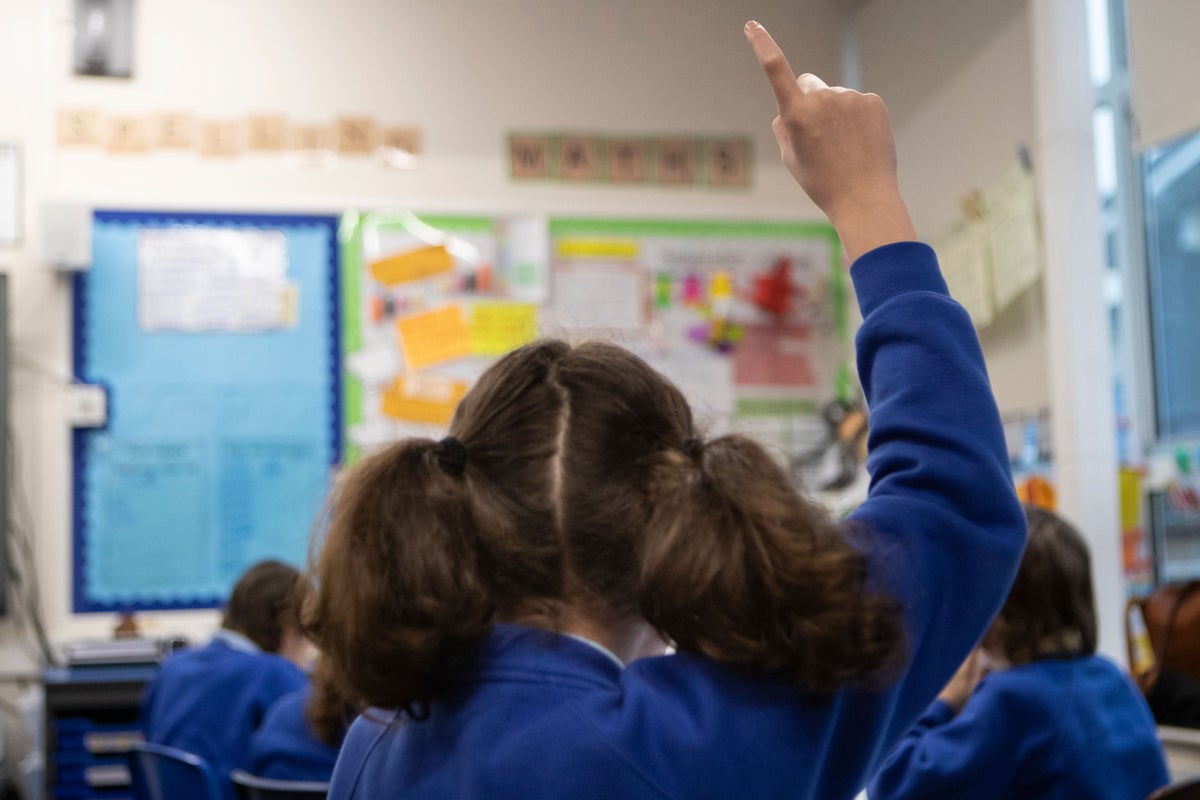
A minister has revealed that just one collapsed beam at a school sparked the emergency decision to halt the return to classrooms for over 100 schools.
Schools minister Nick Gibb said a number of instances had occurred “over the summer” where a type of concrete used in a number of schools was found to be “unsafe”.
This included a beam collapsing on school premises, despite there being no external signs it was a “critical risk”.
He insisted that the government took action as soon as the evidence emerged, with ministers facing anger for informing schools of the closures just days before pupils are due to start the autumn term.
The Department for Education (DfE) has told 104 schools and colleges to partially or fully close buildings over the presence of reinforced autoclaved aerated concrete (Raac), which can suddenly collapse.
During an appearance on GB News, Mr Gibb conceded that more schools could be told to make closures as the evidence-gathering process continues.
He insisted however that pupils and parents should not be apprehensive about the risk during the wait for the results.
“No, they shouldn’t worry,” he said.“That’s a very cautious approach, so parents can be confident that if they’ve not been contacted by their school it is safe to send children back into school.”
Raace is a lightweight building material used from the 1950s up to the mid-1990s, but is now assessed to be at risk of collapse and was considered as a potential issue by the DfE since late 2018.
Union leaders have criticised the announcement, just days before the end of the summer holidays, as “absolutely disgraceful”.
Meanwhile, affected schools have been told that moving to pandemic-style remote learning should only be considered as a “last resort and for a short period”.
The official guidance for schools is being altered after it triggered additional anger by suggesting schools would have to pay for rental costs for emergency accommodation.
Space in nearby schools, community centres or empty office buildings have been recommended for the “first few weeks” while buildings are secured.
“We’re going to clarify the guidance because of their misinterpretation, we are paying for those costs,” he told Today.
“If in the worst-case scenario a school does have to close and we put Portakabins into the grounds, all that cost will be covered by the department.”
Affected schools include Ferryhill School, a secondary in County Durham, Willowbrook Mead Primary Academy in Leicester and Corpus Christi Catholic Primary School in Brixton, south London.







